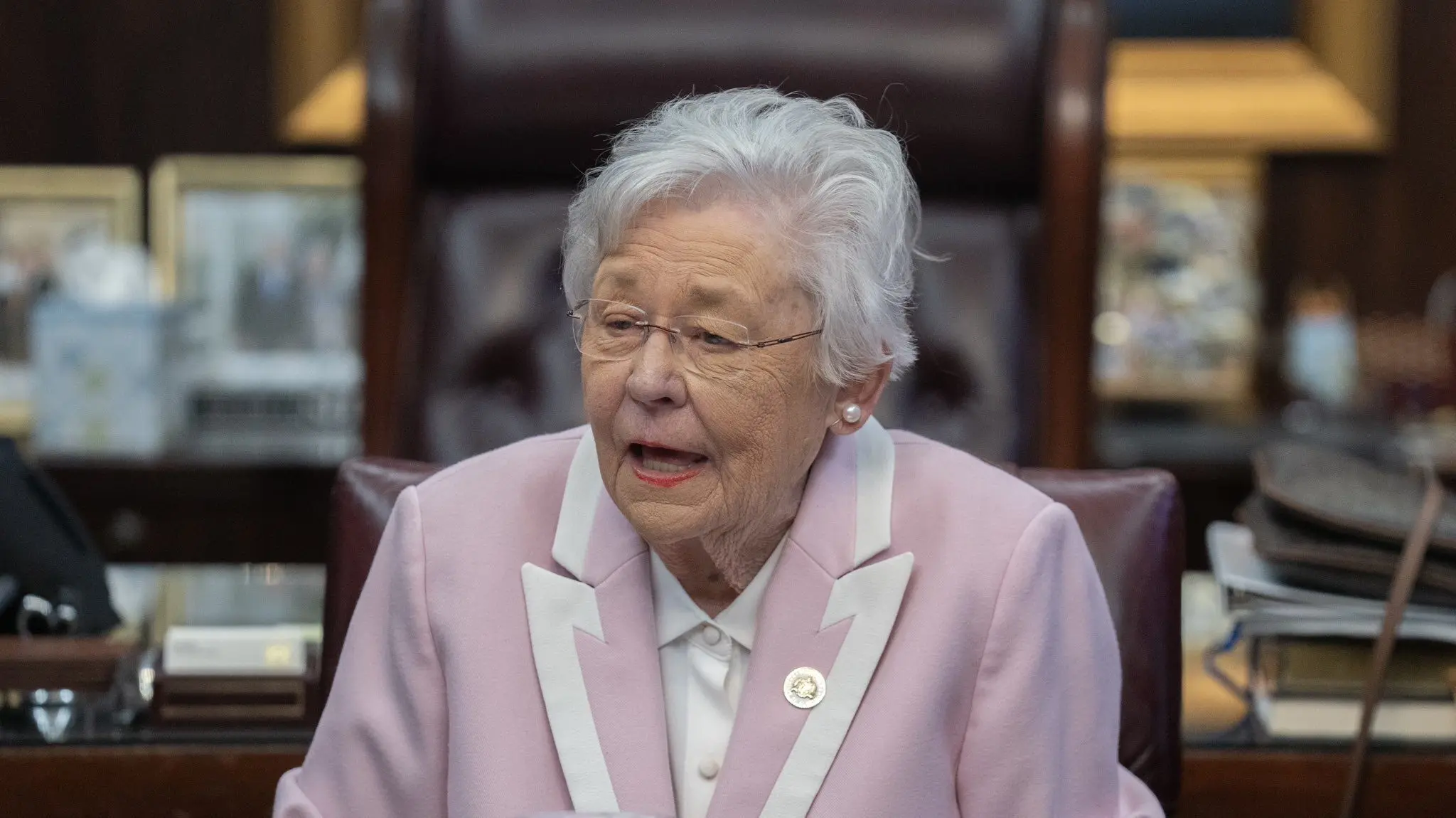|
Getting your Trinity Audio player ready...
|
In the latest turn of Alabama’s enduring saga over the legalization of gambling, the state Senate has once again hit a roadblock, effectively sidelining a comprehensive gaming bill and denying voters the chance to weigh in. The proposed legislation, which aimed to put the establishment of a state lottery and the expansion of casino operations on the ballot, faced formidable opposition, leading to its demise.
Despite concerted efforts to rally support for the bill, including sponsorship from Rep. Chris Blackshear and a narrow defeat margin in the Senate, the lack of consensus among lawmakers proved insurmountable. Gov. Kay Ivey, on Thursday, voiced her disappointment at the Senate’s failure to advance the bill, emphasizing the missed opportunity for voters to have their voices heard.
In response to speculation about a potential special legislative session to reconsider the gaming bill, Ivey expressed skepticism, citing lawmakers’ inability to reach consensus. This decision effectively closed the door on immediate prospects for revisiting the issue.
“Why would I do that?” questioned Ivey during her media address in Montgomery. “They cannot come to a consensus among themselves. Why would I spend the time and effort and money on a special session?”
Nonetheless, the recent vote on HB151 marked the closest the Legislature has come in 25 years to presenting a lottery and gambling referendum to voters. “I wanted the people to have a choice to vote on the issue,” expressed Ivey. “I’m disappointed they will not get a chance to vote this year.”
The debate surrounding gambling in Alabama has been a perennial battleground, with this recent legislative push seeking to break the deadlock that has persisted for decades. However, the journey toward passing the gaming bill was fraught with hurdles. Influential special interest groups, such as the Alabama Farmers Federation and the Alabama Policy Institute, exerted considerable sway, complicating the already intricate legislative process. Moreover, the presence of out-of-state gambling entities and illicit gambling operations within the state added further layers of complexity.
The defeated bill, HB151, formed part of a broader gaming package outlined in HB152, aiming to establish a constitutional amendment for lottery and casino gambling. The proposed legislation would have greenlit up to seven casinos, primarily situated at existing dog tracks and bingo halls, with additional full-scale casinos on tribal lands operated by the Poarch Band of Creek Indians.
However, notably absent from the legislation was any provision for sports betting, and the casinos would have faced restrictions on offering certain table games. The projected revenue from these gambling activities would have been earmarked primarily for education funding, addressing a pressing need in the state.
The failure of the gaming bill underscores the influence of special interests in the Senate and the divisions among lawmakers fueled by greed and ambition. Despite this setback, the debate is unlikely to fade, as stakeholders continue to advocate for a resolution balancing economic interests with social concerns. As Alabama grapples with these competing priorities, the fate of gambling in the state remains uncertain, casting doubts on future legislative efforts to revisit the issue.




















































